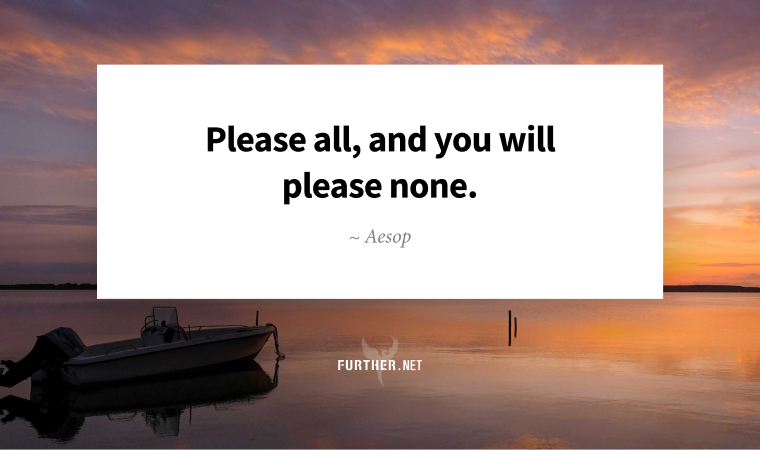
As you know, our brains are wired to keep us safe.
But because most threats today are perceived, not real, we end up in chronic stress overdrive. This can lead to a variety of health issues, including depression, anxiety, heart disease, high blood pressure, and impaired immunity and memory.
The trick is to learn your go-to stress response, so you can take steps to move from distress to de-stress.
The OG stress responses, fight, flight, and freeze, were how ancient people survived predators. A rush of cortisol and adrenaline powered strength, speed, and stillness to “play dead.”
A fourth stress response, fawning, was popularized in 2013 by psychotherapist Peter Walker in his book Complex PTSD: From Surviving to Thriving. In our modern times, people with a perceived advantage and menacing presence, like a parent, boss, or bully, can trigger people-pleasing to diffuse conflict.
A smart person like you understands this, so hopefully, you’ll agree fawning is the most insidious stress response. (See what I did there? 😉)
The Pitfalls of People Pleasing
According to Walker, chronic people pleasing first compromises your dignity and, ultimately, your identity.
Fawn types seek safety by merging with the wishes, needs, and demands of others. They act as if they unconsciously believe that the price of admission to any relationship is the forfeiture of all their needs, rights, preferences, and boundaries.
If you’re wondering if you’re a fawner, ask yourself when you’re in a conflict:
- Does how I’m acting align with my values?
- Am I being honest and authentic or appeasing and pleasing?
- Am I saying “sorry” when I don’t mean it?
- Is what I’m taking on my responsibility?
- Am I acting agreeable just to make this interaction end quickly?
When you answer yes consistently, you know you’re a people pleaser.
How to Calm Your Fawn
As with any stress response, start by pausing. Here’s how Healthline editor Sam Dylan Finch puts it:
Before I revert to fawning, I try to get grounded and ask myself if I’m moving from a place of self-honor rather than self-betrayal, and if the person I’m engaging with is capable of meeting me there in the moment.
In that space, notice if your values are in check and boundaries intact. You can also accept that just because someone else is mad doesn’t mean you have to make a mad scramble to “fix” the situation.
Sitting with the discomfort of potentially being disliked or discarded can be hard work. Therapy can help, along with doing what my friend April always advises:
Go where the love is.
The truth is your authentic self is worth holding dear. So quit the fawning and start pleasing the person who matters most: you.
People-Pleaser? Here Are 5 Ways to Unlearn Your ‘Fawn’ Response (Healthline)
